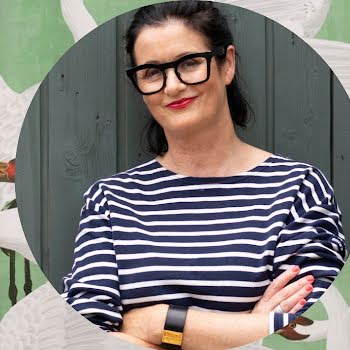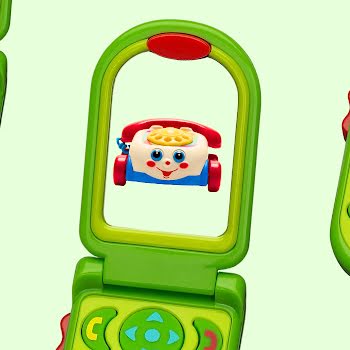Ask the Doctor: ‘My three-year-old daughter keeps asking us to repeat ourselves. Should I have her seen by a doctor, or wait and see if she grows out of it?’
By Sarah Gill
28th Mar 2023
28th Mar 2023
All your burning health questions answered by the professionals.
”My three-year-old daughter keeps asking us to repeat ourselves. She is a smart and funny child who has a very good vocabulary and pronunciation for her age. This makes me wonder if it is just a bad habit she has picked up in creche rather than an actual problem with her hearing. Some days it is much worse than others – another reason as to why I question if it is just a habit. Should I have her seen or wait and see if she grows out of it?”

Dr Sandra Cummings, Clinical Audiologist, Beacon Audiology Hearing and Balance.
Advertisement
I always tell parents to follow their gut instinct. It is our duty of care as professionals to follow-up on parental concerns and it’s no harm to have the child’s hearing assessed for peace of mind.
Fortunately, with the newborn hearing screen, we can identify children with a moderate to severe hearing loss at birth and in these cases early identification and treatment is extremely important to prevent a speech and language delay. Spotting a mild hearing loss or even a hearing loss in only one ear is much more difficult and these children can go undetected for several years until the parents, carers or teachers begin to have concerns regarding the child’s hearing. These children often do not present with an obvious speech and language delay.
There are several reasons why a child keeps asking for repetition and some reasons are more serious than others. One of the most common reasons why children mishear is because of fluid in the middle ear, a condition called otitis media. This is very common in children during the early years.
Approximately 80% of all children will experience otitis media during their lifetime, and between 80% to 90% of all children will have otitis media with effusion (fluid) before school age. The fluid in the middle ear can fluctuate resulting in periods of good hearing and poor hearing, making it difficult to detect especially when speech and language is not yet affected early on.
Children who are born with a permanent mild hearing loss become very astute at making use of visual cues like lipreading. Often these children do not present with significant speech and language delays. They may for example only drop the “s” at the end of words or have very subtle speech errors.
A more serious type of hearing loss may be a progressive hearing loss where the child is born with normal hearing, has normal speech and language development and then develops a progressive hearing loss which in the initial stages will not have any adverse effects on speech and language development but as the hearing loss becomes worse it begins to affect the child’s speech and language development.
Advertisement
So, if you have any concerns regarding your child’s hearing it is important that the child is assessed by a paediatric audiologist. The earlier a hearing loss is detected, the earlier it can be treated and the less long-term implications for further development.
Have a question for the professionals you’d like answered? Get in touch with sarah.gill@image.ie with the subject headline ‘Ask The Doctor’.




















